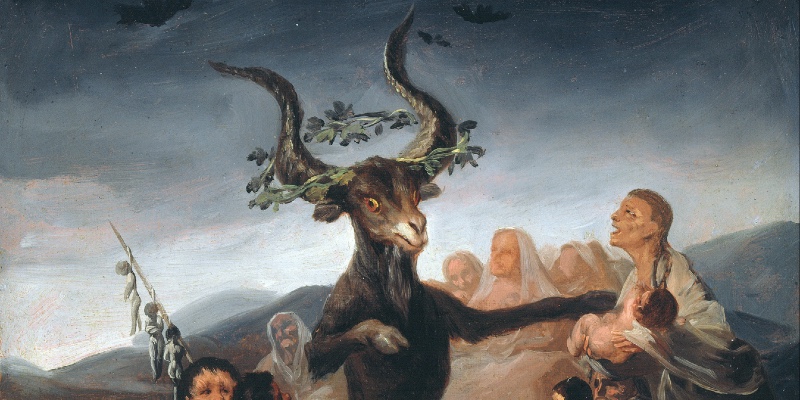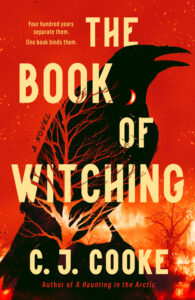I have always loved stories about witches. As a child, I adored the idea of a feline familiar, but on hindsight I think it was the powerful female protagonists that really did it for me. Nowhere else did I read about women who possessed such autonomy and skill – and yes, magic was a bonus. Many decades on, I love that witches are still trending, and they show no sign of broomsticking into the night anytime soon. Far from a mere trend, ‘witch lit’ speaks to the past and illuminates the long trail of women who have suffered and been silenced by the patriarchy. Witch stories are about rebels and rituals, about community and existing outside the binary. They show us how far we have yet to go in terms of achieving equality as well as ways to fight back and reclaim power. Despite reading widely within this genre, I have a few favourites that I’d like to share.

Witches Steeped in Gold by Ciannon Smart
Enemies-to-friends but make it witchy: Smart’s fantasy novel depicts two witches from rival orders who are forced to join forces to fight a common enemy. Both Iraya and Jazmyne are plotting revenge, but in this world of secrets and shifting alliances it is far from clear who each of them can trust. Inspired by Jamaican folklore, this is a wickedly-drawn and vivacious fantasy to savour.
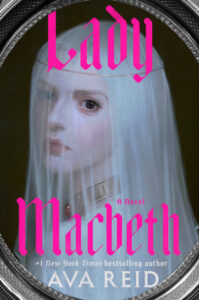
Lady Macbeth by Ava Reid
A fascinating and textured imagination of the origins of one of literature’s most vilified and misunderstood women, Lady Macbeth. Here she is Roscille, the illegitimate daughter of a French lord, married to Macbeth at the tender age of seventeen. An utterly humane and unapologetically feminist novel, its portrayal of an ancient world – and an ancient Scotland – is wholly immersive and gives life and voice to this literary heroine.
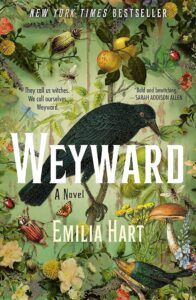
Weyward by Emilia Hart
Hart’s debut weaves together the lives of three brilliant women, spanning across four centuries. Their stories are connected by female resilience and the recurrent nature of oppression, and there is a gorgeous meditation here on the natural world and the connection witches have/had to this. I adored how the novel presents ways that women have historically fought successfully to reclaim their identities and voices from patriarchal systems.

The King’s Witches by Kate Foster
Foster’s second historical novel tells the story of the North Berwick witch trials, which emerged when King James VI ran into trouble bringing his new queen, Anna, across the ocean from Denmark to Edinburgh. Influenced by Scandinavian courtiers, the King blamed weather magic for the storms that hampered his wife’s voyage. Over a terrifying two-year period he brought hundreds of people – mostly women – to trial on charges of witchcraft. This vividly-imagined novel tells this story through the eyes of three women, including the Queen.
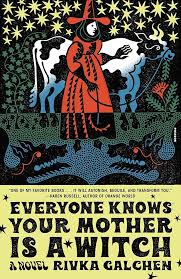
Everyone Knows Your Mother Is a Witch by Rivka Galchen
This witty, spiky novel is a fictionalized account of Katharina Kepler, a widow who was accused of witchcraft in Leonberg, Germany in 1615. She was the mother of royal court astronomer and mathematician Johannes Kepler, known for the three major laws of planetary motion and how planets orbit the sun. in 1620, Kepler left his post as Imperial Mathematician to assist in his mother’s trial, but it is Katharina who takes centre stage. Richly imaginative, this is a brilliantly-researched retelling.
***
–Featured image: Witches’ Sabbath, Francisco Goya, 1798

